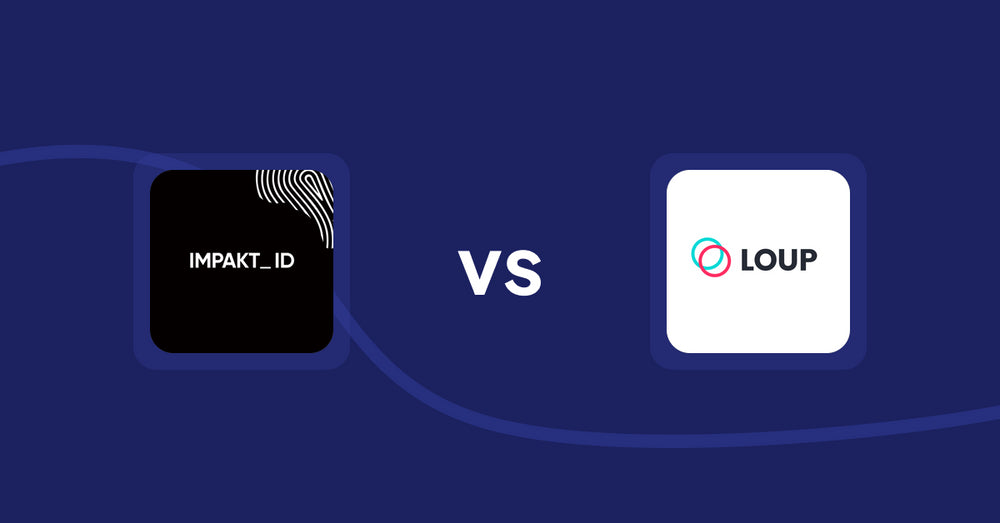Shopify Product Display Apps: Stackend: Customer Community vs ReVisit‑Recent Viewed Products

Table of Contents
- Introduction
- How Does Stackend: Customer Community Work?
- How Does ReVisit‑Recent Viewed Products Work?
- How Much Does Stackend: Customer Community Cost?
- How much does ReVisit‑Recent Viewed Products cost?
- Cost Analysis: Stackend: Customer Community vs. ReVisit‑Recent Viewed Products
- User Reviews & Customer Support Insights
- Integration and Compatibility Comparison
- Conclusion
Introduction
The retail landscape is continuously evolving, and the power of effective product display can significantly boost sales and enhance customer experiences. According to studies, a well-organized and visually appealing product display can increase conversion rates by up to 30%. This underscores the importance of utilizing product display apps to create an engaging shopping environment. In this blog post, we'll explore two prominent Shopify apps: Stackend: Customer Community and ReVisit‑Recent Viewed Products. Both offer unique features designed to enhance product display and integrate seamlessly within the Shopify ecosystem. However, their strengths and applications differ, offering a spectrum of options depending on your business needs.How Does Stackend: Customer Community Work?
Stackend: Customer Community elevates the Shopify experience by establishing a dynamic shopping ecosystem that revolves around customer interaction. This app fosters vibrant customer engagement through community features that connect users with each other and with your products.The main features of Stackend include:
- Customer Profiles: Rich customer profiles create personalized shopping experiences, fostering user loyalty and encouraging repeat visits.
- Shoppable Blog: This feature merges editorial content with products, allowing you to tell your brand story while enhancing product visibility.
- Customer Feeds: Personalized feeds from customers promote a sense of community, encouraging product recommendations and reviews.
- Product Comments (Q&A): This interactive feature facilitates discussions about products, helping potential buyers make informed decisions.
Each of these features holds significant relevance for businesses of various sizes. For startups, rich customer profiles and shoppable blogs provide essential tools for customer acquisition and brand storytelling. Small to medium businesses can leverage customer feeds and Q&A features to enhance user loyalty and engagement, while large enterprises can create comprehensive communities that bolster brand authority and customer trust.
Imagine a small business that implements Stackend’s customer profiles to personalize emails and promotional content. This tailored approach can significantly increase email open rates and customer engagement. In contrast, a large retailer might utilize the community shopping aspect to foster a loyal customer base that not only buys products but also advocates for the brand.
How Does ReVisit‑Recent Viewed Products Work?
ReVisit‑Recent Viewed Products focuses on helping customers easily reconnect with items they previously browsed, thereby streamlining their shopping journey. This app features an intuitive image slider that displays recently viewed products, serving as a reminder to customers of what they may wish to purchase.Key features include:
- Automatic Image Slider: This slider visually showcases recently viewed products, making them easily accessible.
- Customization Options: Merchants can adjust display styles and settings, such as autoplay or loop features, enhancing their store’s aesthetic.
- Engagement Mechanisms: By helping customers rediscover products, the app aims to drive conversion rates and sales.
While this app provides useful functionality, its potential may be more beneficial for smaller shops looking for a straightforward means to keep customers engaged with their browsed items. Larger businesses may find that it lacks the community engagement and customer interaction features offered by Stackend, which are crucial for building a strong brand presence in an increasingly competitive market.
How Much Does Stackend: Customer Community Cost?
For any product display solution, cost efficiency is vital. Stackend offers a straightforward pricing structure that begins at $59 per month. This single plan includes robust features such as customer communities, shoppable blogs, rich customer profiles, and product comments.- Price: $59/month
- Features: Includes all primary features that enrich customer engagement and product visibility.
- Limitations: Currently, there are no additional plans, which means all users will access the same feature set.
- Target Audience: This pricing tier is best suited for growing businesses eager to invest in community-building strategies and customer engagement tools.
- Additional Costs: Users should ensure to maintain a budget for ongoing store management and marketing efforts.
“It is important to note that you can always reach out to our team and we can create a custom pricing plan to suit your needs and your budget. Schedule a call via this link and we’ll come up with the best solution for you and your business.”
How much does ReVisit‑Recent Viewed Products cost?
The ReVisit‑Recent Viewed Products app costs $4.99 per month, making it remarkably accessible, particularly for smaller shops looking to enhance their product display features without a hefty commitment.- Price: $4.99/month
- Features: The app allows users to showcase recently viewed products effortlessly through a customizable image slider.
- Limitations: The scope of features is quite limited; it does not include advanced community-building tools, which could be a shortfall for businesses looking to foster customer interaction.
- Target Audience: Best suited for startups and small businesses that prioritize ease of navigation and straightforward applications for a tighter budget.
- Additional Costs: Users should consider the potential need for upgrades or additional integrations as their business grows.
Cost Analysis: Stackend: Customer Community vs. ReVisit‑Recent Viewed Products
When comparing costs, $59 for Stackend presents a more significant investment but offers a rich set of features that serve diverse business objectives. ReVisit's $4.99 price point provides basic functionality but lacks the depth necessary for comprehensive customer engagement.From a value perspective, Stackend justifies its cost through community engagement, enabling brands to build stronger relationships with customers, fostering repeat business. In contrast, ReVisit offers basic tools to facilitate product navigation but does not equip users with effective community-building functionalities.
User Reviews & Customer Support Insights
Is Stackend: Customer Community good?
Stackend: Customer Community has received excellent reviews, boasting an impressive 5-star rating from 64 reviews since its launch in February 2023. Users value its community-centric approach and the enhanced shopping experience it provides.Is ReVisit‑Recent Viewed Products good?
ReVisit holds an average rating of 0 stars, indicating a lack of user feedback. While this could suggest potential issues with user experience, the app’s simplistic features may work for some.Customer Support Feedback: The importance of effective customer support cannot be overstated. Good support not only improves user satisfaction but can also lead to better app ratings. There’s no mention of support details in the app's description, which could be a drawback for users seeking assistance.
User Preference: Stackend: Customer Community or ReVisit‑Recent Viewed Products?
Based on user ratings, it is evident that Stackend is more favorably received. The robust community features and extensive customer engagement tools contribute to its success compared to ReVisit, which lacks substantial user reviews and feedback.Potential explanations for this disparity include the comprehensive nature of Stackend’s offering, which helps online retailers build communities and garner loyalty, leading to overall business growth. In contrast, the limited functionality of ReVisit may not resonate as strongly with users seeking modern retail solutions.
Integration and Compatibility Comparison
Stackend Integrations
Stackend integrates seamlessly with other tools, including YouTube, adding functionality to enhance marketing efforts. This flexibility allows businesses to leverage video content and community engagement for more dynamic product displays.ReVisit‑Recent Viewed Products Integrations:
ReVisit appears to have no notable integrations, which may limit its effectiveness and overall user experience. Users seeking advanced integrations or additional tools might find this lack of compatibility a disadvantage.Conclusion
Stackend: Customer Community and ReVisit‑Recent Viewed Products both offer valuable features, but Stackend clearly stands out with its deep community engagement and customer-centric design. With its intuitive features and 5-star rating, Stackend builds lasting relationships while driving sales through enhanced visibility and customer participation. In contrast, ReVisit’s simplicity may suffice for a limited audience, but it does not offer the rich functionalities needed for long-term growth. For those looking to enhance their Shopify experience through engaging product displays, Stackend: Customer Community is the more effective and rewarding choice.Still Searching for the Perfect Customization Solution?
Stop searching and start thriving with Accentuate Custom Fields! This powerful metafield management app supercharges Shopify’s native features, giving you the tools to create a truly personalized customer experience.
Why Choose Accentuate Custom Fields?
- Advanced Customization: Unlimited field definitions, logical grouping, and custom layouts make your store one-of-a-kind.
- Enhanced Editor Experience: Effortlessly edit variant metafields, use advanced HTML and markdown editors, and sync field definitions between stores.
- Flexible Management: Import/export capabilities, automatic tagging, and comprehensive support for Metaobjects and versioning.
- 24/7 Support: If you have any questions or need assistance, our team is available around the clock to help with any custom modifications to suit your store.
Join over 12,000 merchants, including top Shopify Plus stores, who trust Accentuate for their customization needs. With a stellar 4.9-star rating, Accentuate is the go-to tool for advanced CMS needs, offering unmatched flexibility and control over your store’s content. Elevate your Shopify store with high-quality content that boosts customer experiences and conversions. Tell your story, showcase your products, and create an engaging customer journey with ease.
Experience the Accentuate difference and watch your Shopify store thrive!
Accentuate vs Competition
Explore how Accentuate Custom Fields stands out. Whether you’re aiming to customise your storefront, streamline operations or improve content management, see how we compare against the competition
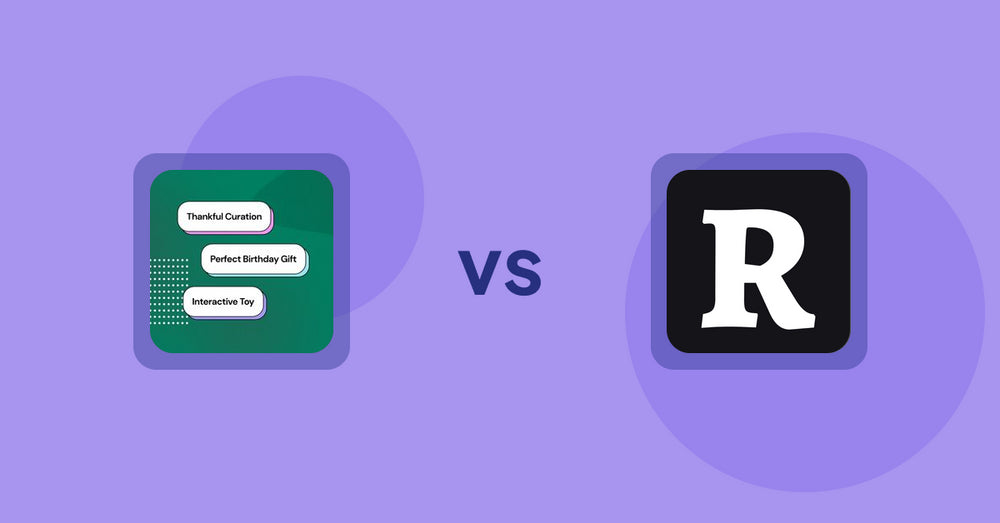
Shopify Product Display Apps: FeatureFrame ‑ Pretty Product vs. AI SEO: Top Product Features
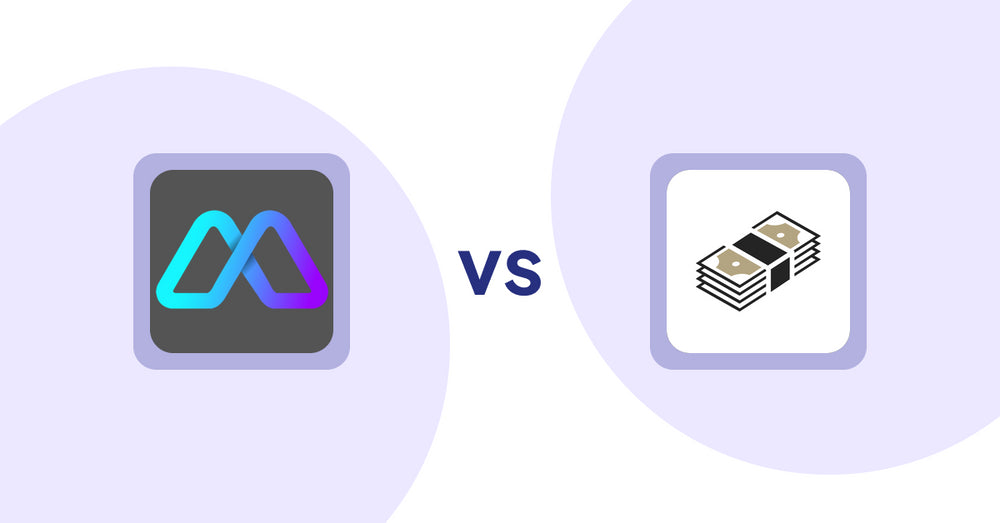
Shopify Product Display Apps: Metadrob: Create Virtual Store vs シンプルクラウドファンディング|お手軽自社クラファン
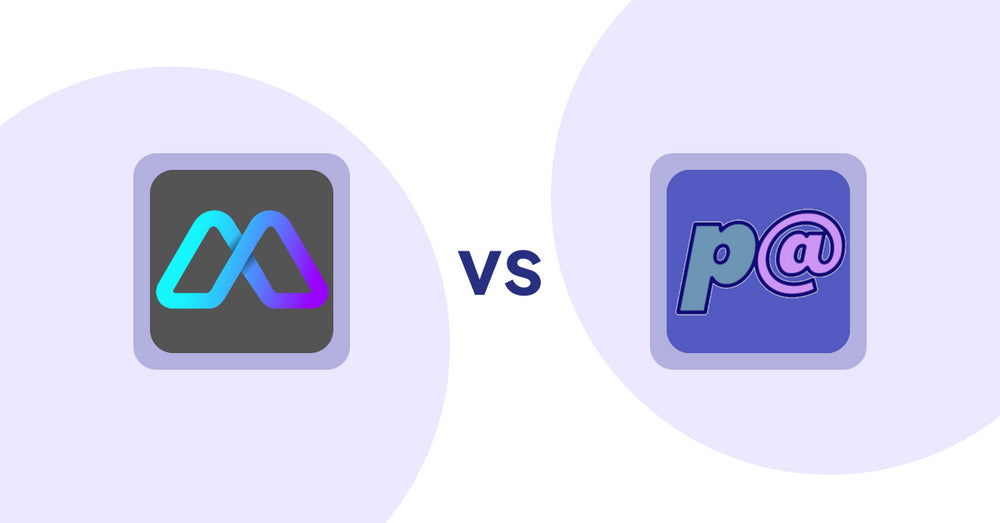
Shopify Product Display Apps: Metadrob: Create Virtual Store vs Parameterizer
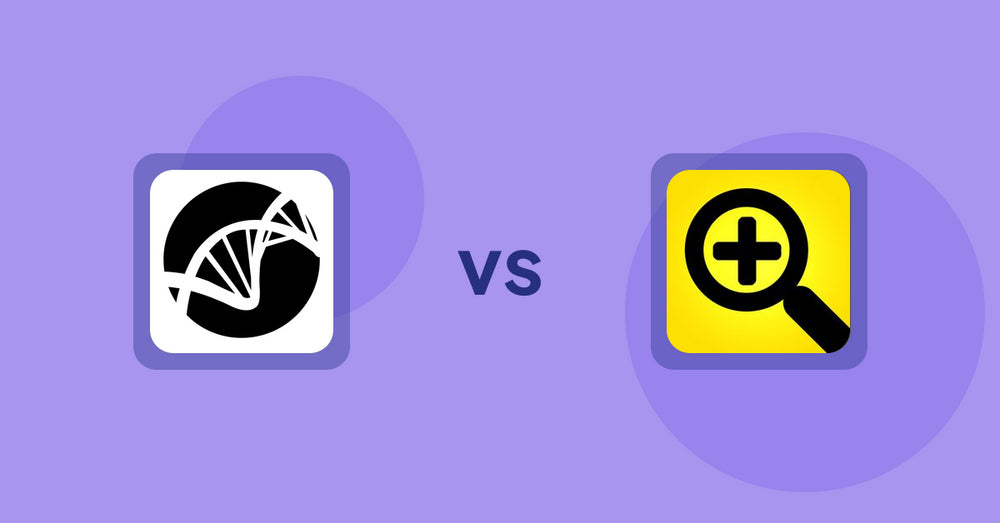
Shopify Product Display Apps: Bike Matrix vs. Fast View: Fastest Quick View
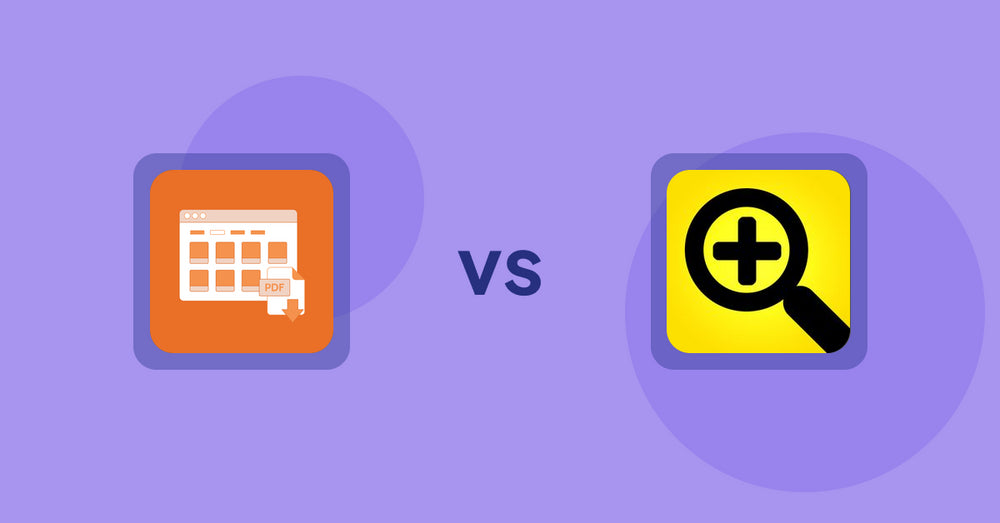
Shopify Product Display Apps: Meetanshi PDF Product Catalog vs Fast View: Fastest Quick View
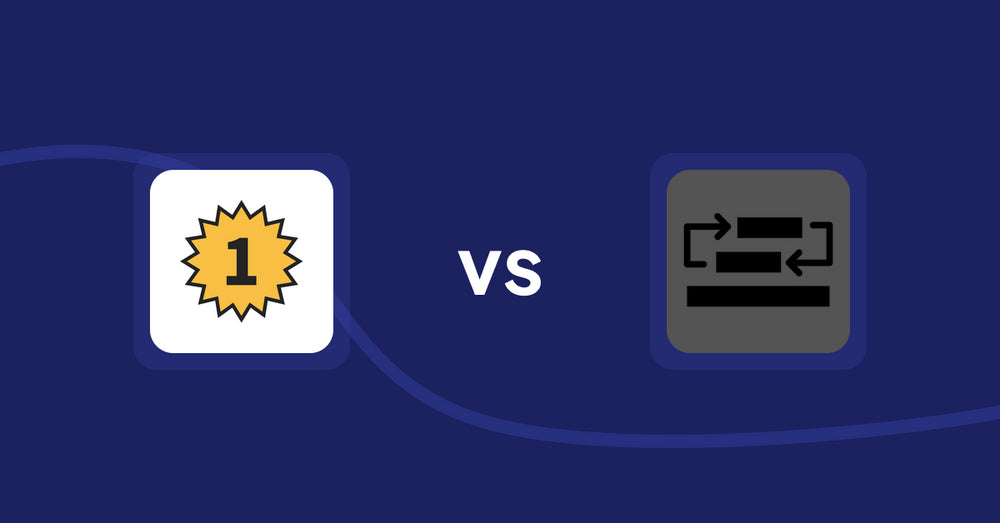
Shopify Product Display Apps: UR: Smart Ranking vs Sortyfi Collection Merchandise
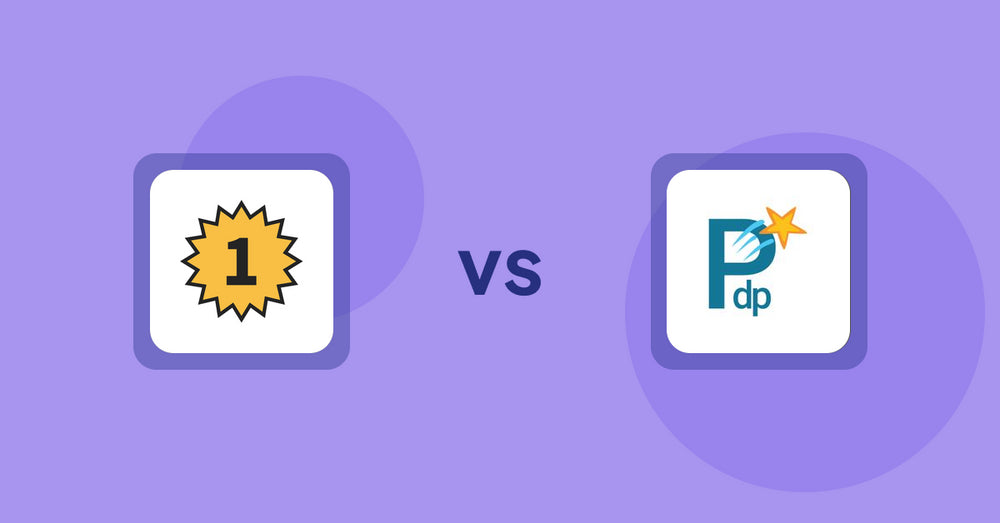
Shopify Product Display Apps: UR: Smart Ranking vs PDP Star
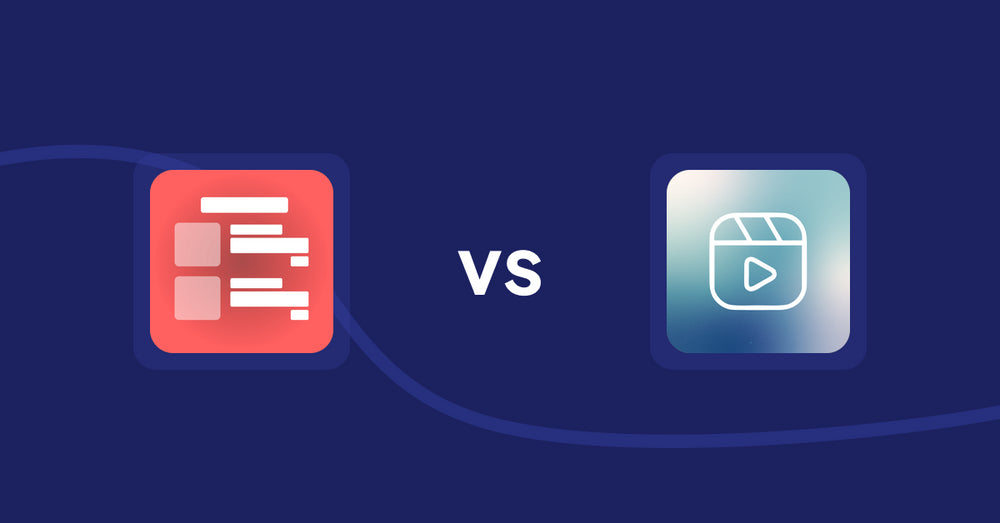
Shopify Product Display Apps: Menulog vs Reelify ‑ Shoppable Reel Video
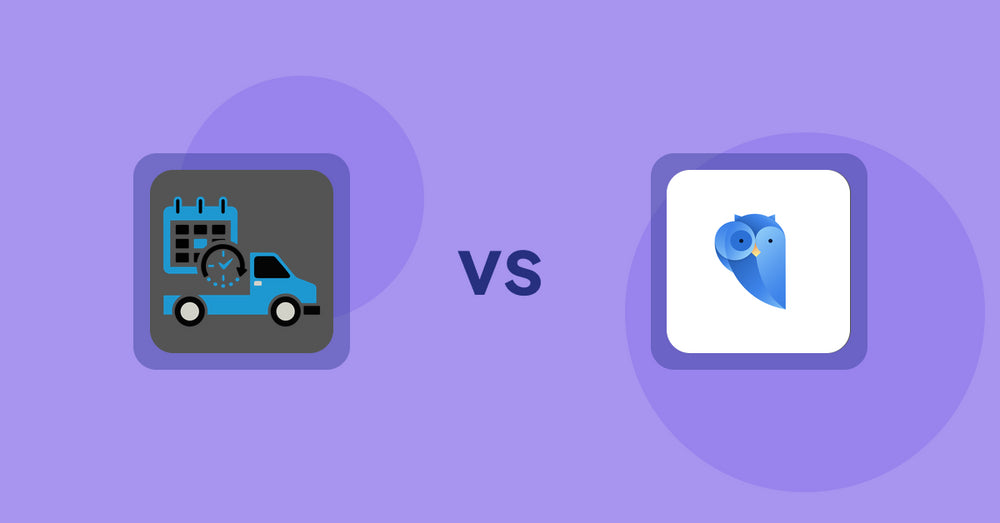
Shopify Product Display Apps: H3 Estimated Delivery vs Findify Search & Merchandise
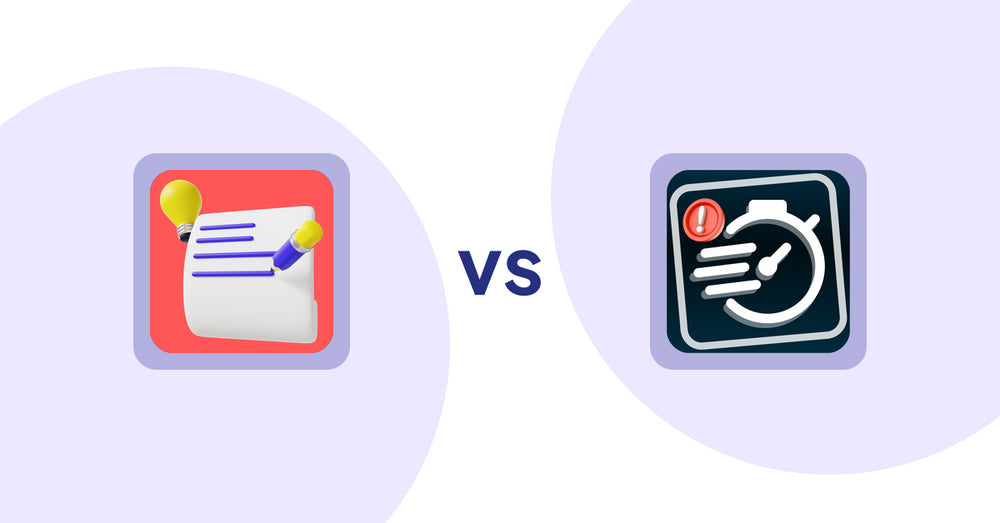
Shopify Product Display Apps: Wordo ‑ ChatGPT AI Description vs Urgency! Low Stock Counter
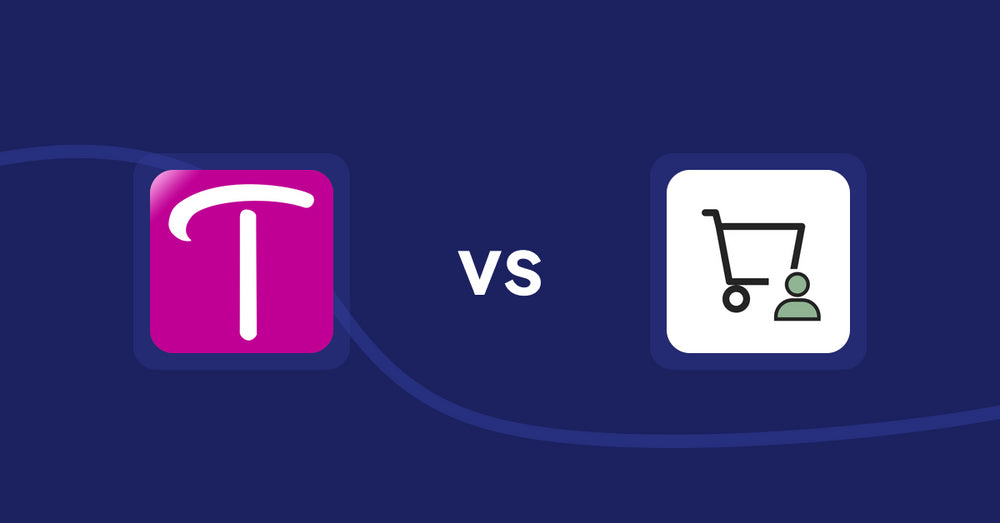
Shopify Product Display Apps: WS Transparency vs シンプル会員注文割引|お手軽ログインセール設定
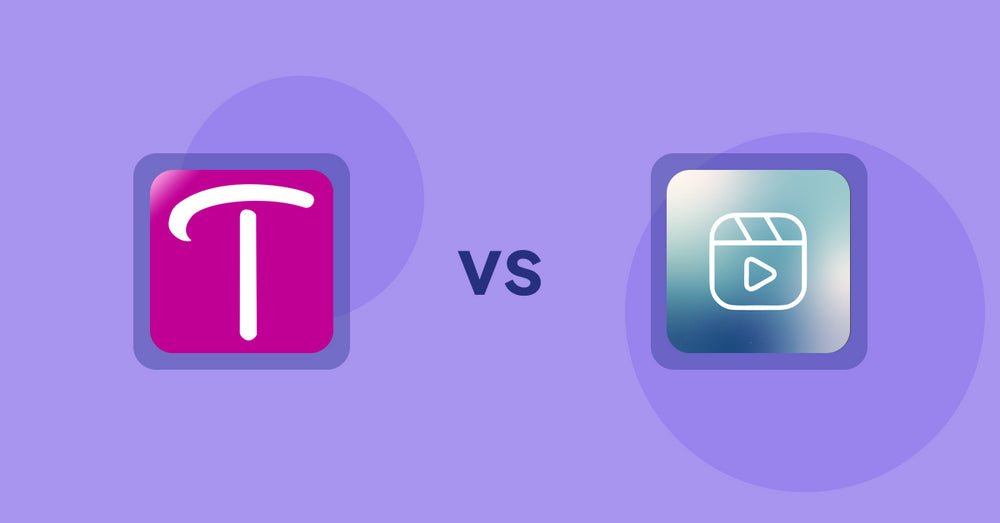
Shopify Product Display Apps: WS Transparency vs Reelify ‑ Shoppable Reel Video
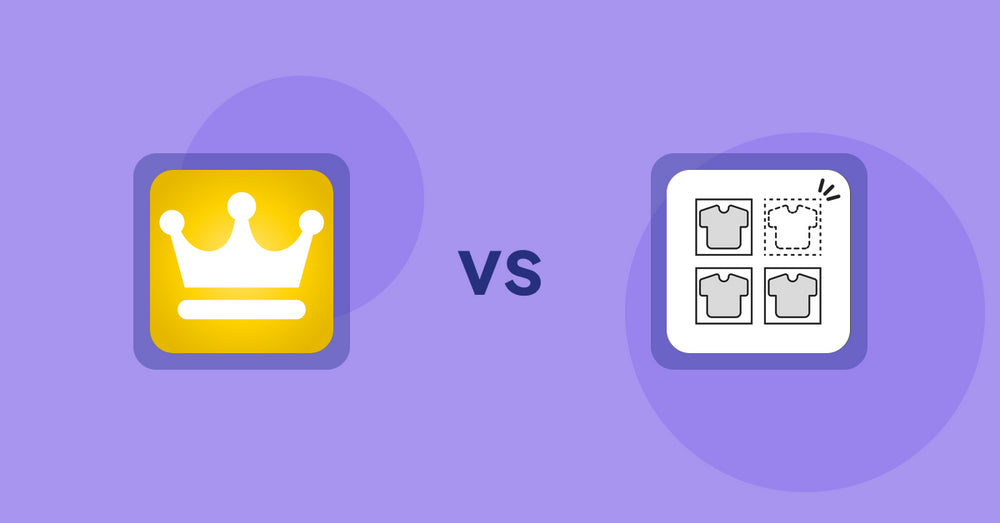
Shopify Product Display Apps: Awesome Ranking vs シンプル売り切れ非表示|在庫切れ商品の表示変更
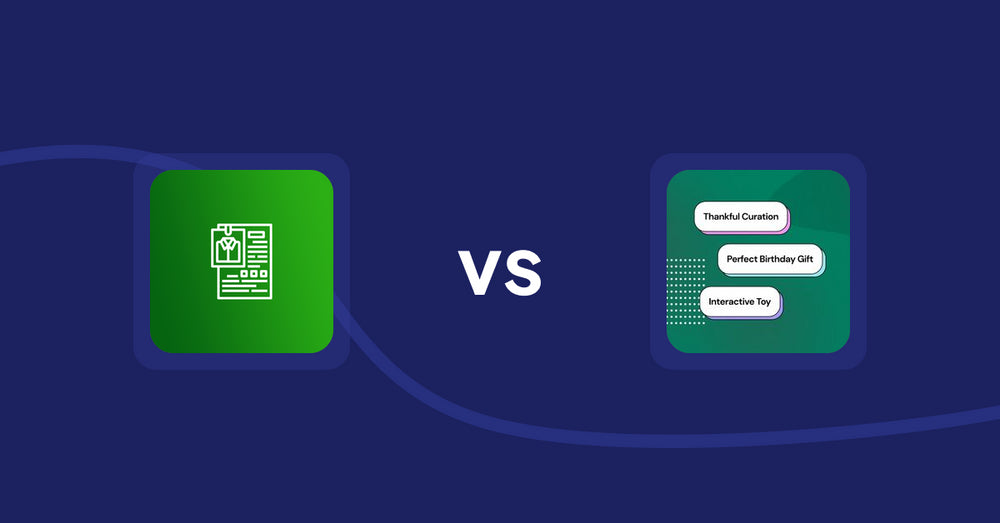
Shopify Product Display Apps: OC Product Size Chart vs FeatureFrame ‑ Pretty Product
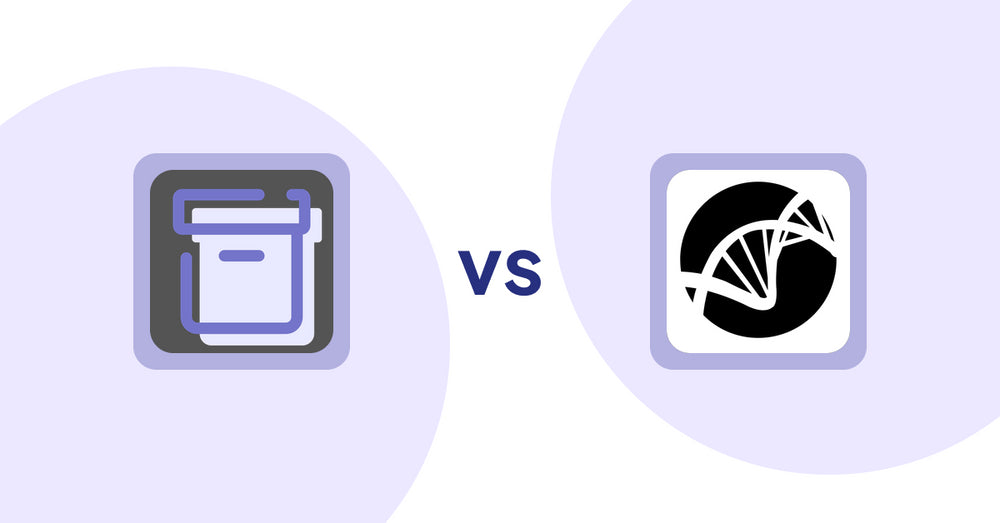
Shopify Product Display Apps: Shelfify vs Bike Matrix
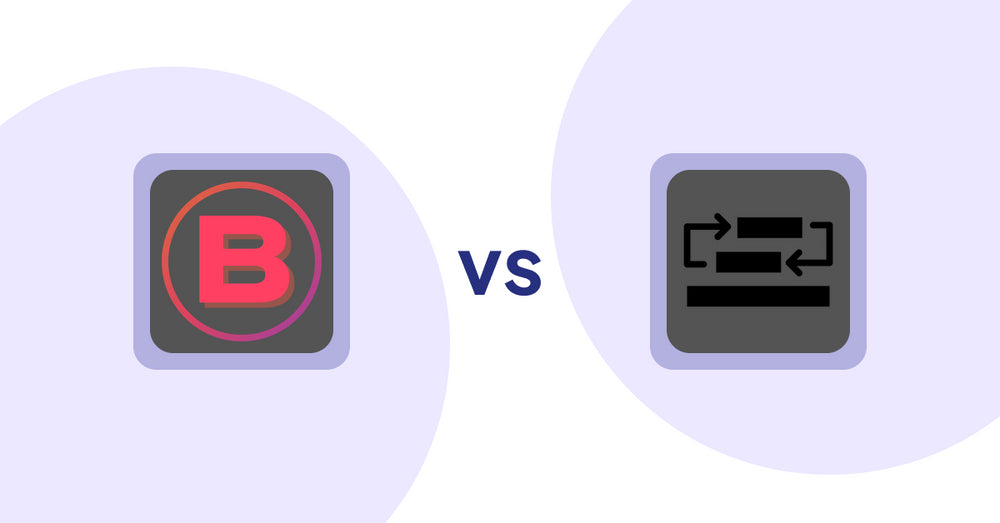
Shopify Product Display Apps: Banter Stories vs Sortyfi Collection Merchandise
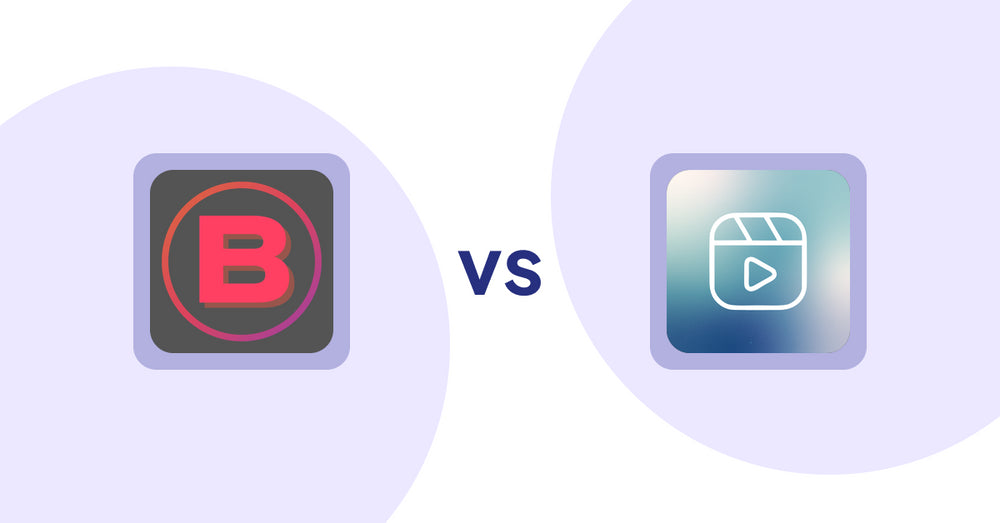
Shopify Product Display Apps: Banter Stories vs. Reelify ‑ Shoppable Reel Video
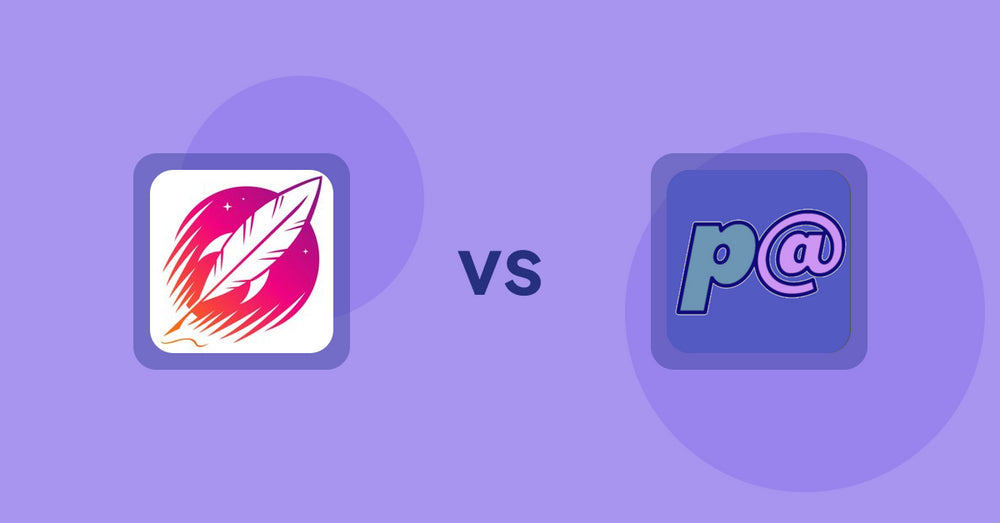
Shopify Product Display Apps: Wordsmith: Content Generator vs Parameterizer
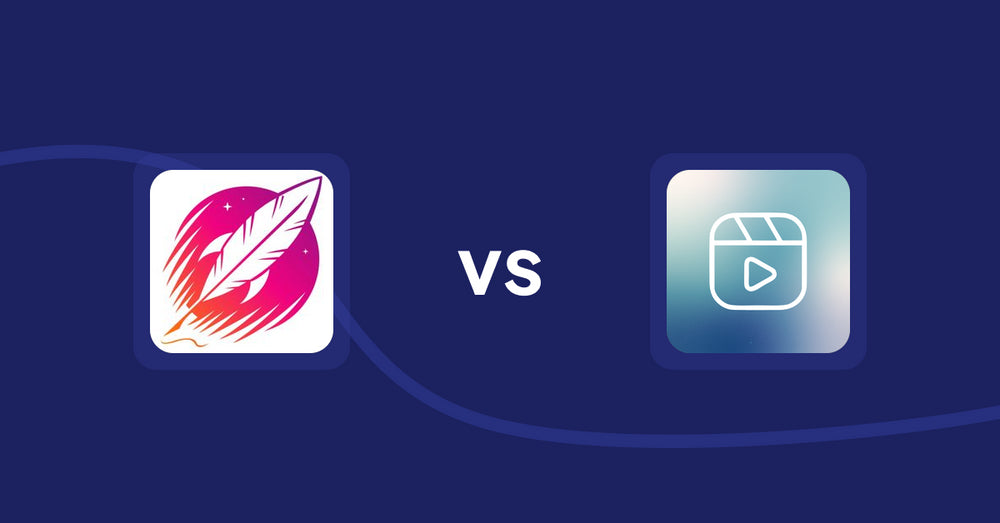
Shopify Product Display Apps: Wordsmith: Content Generator vs Reelify ‑ Shoppable Reel Video
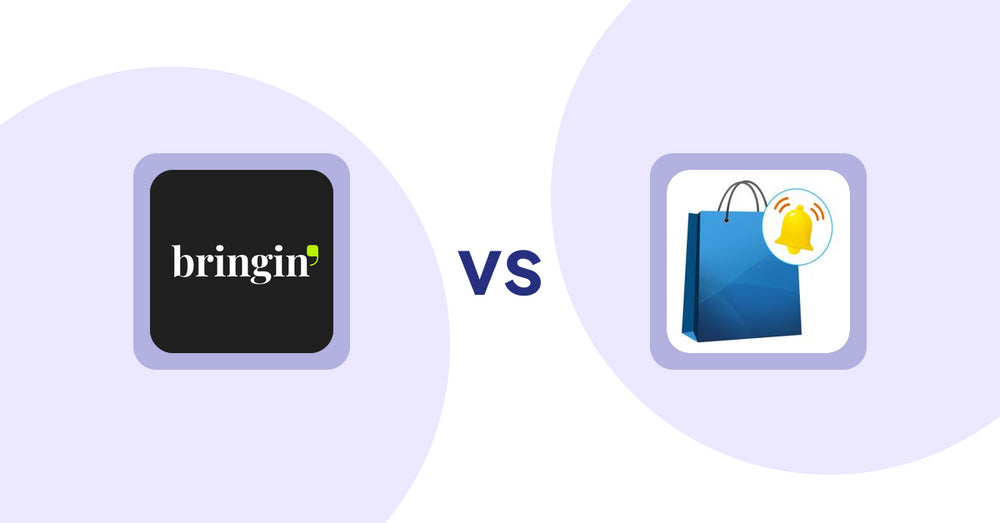
Shopify Product Display Apps: Bringin vs CartBar ‑ Product Purchase Bar
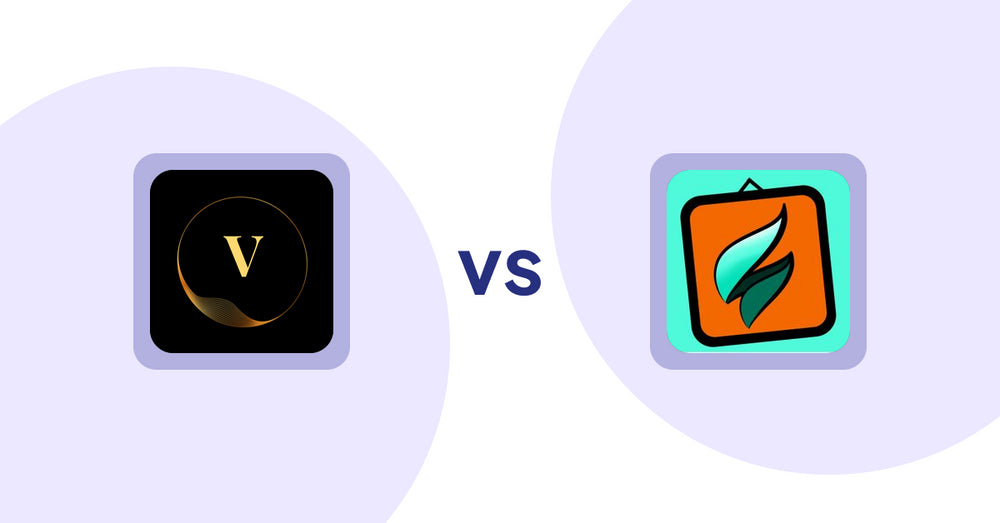
Shopify Product Display Apps: ProductTube vs SMART ‑ Art Product Builder
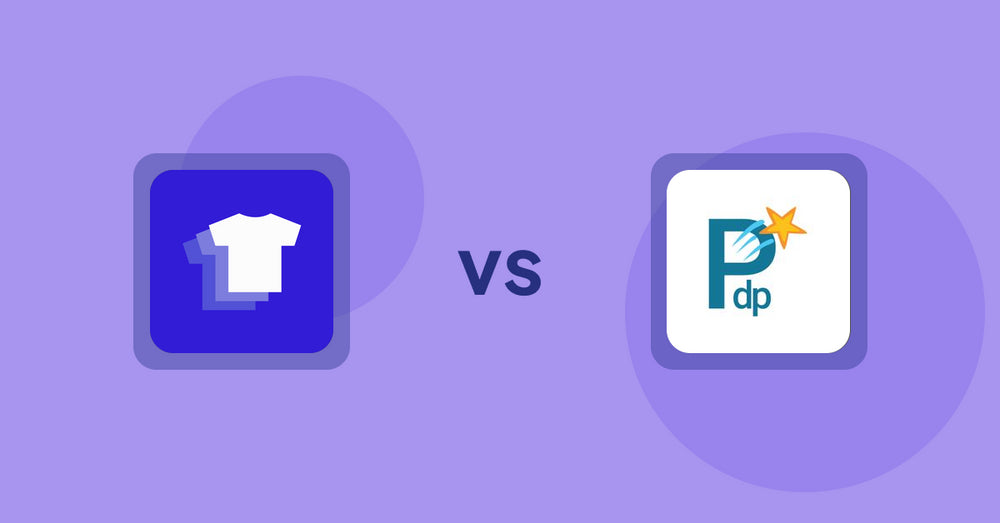
Shopify Product Display Apps: Xpander vs PDP Star
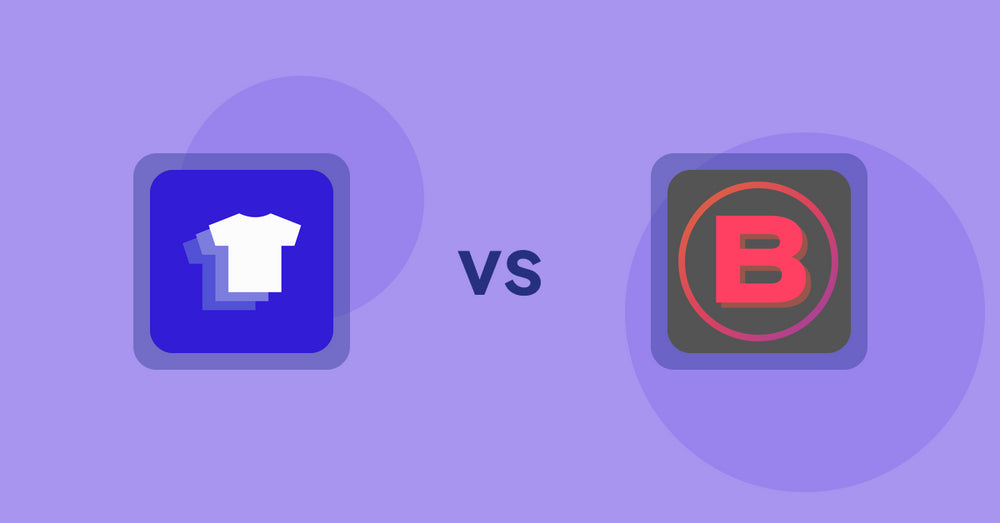
Shopify Product Display Apps: Xpander vs Banter Stories
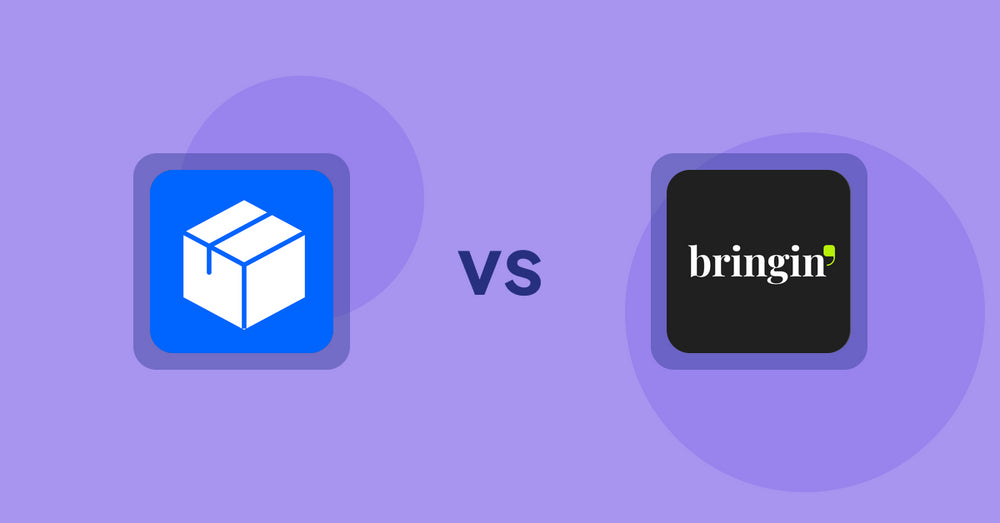
Shopify Product Display Apps: Wonderful Widgets vs Bringin
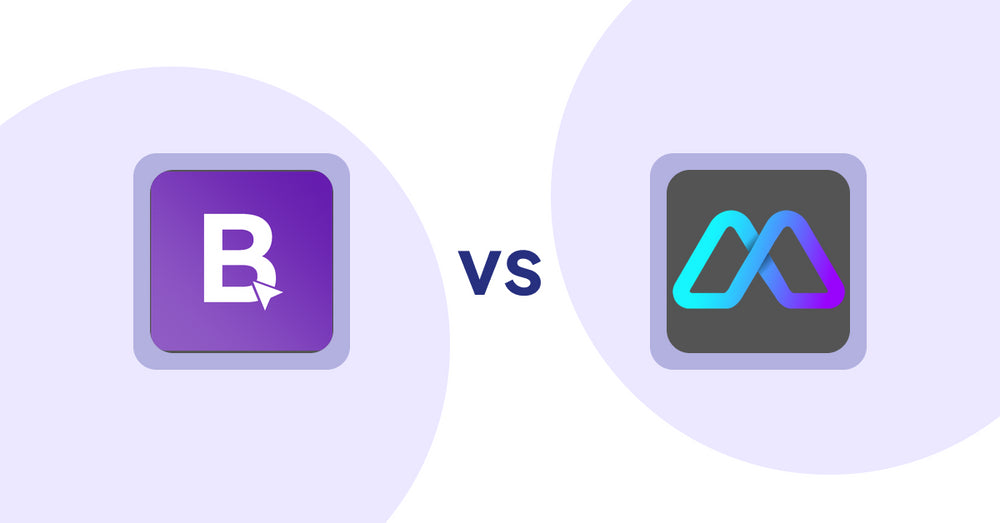
Shopify Product Display Apps: BookE - Rent Property & Service vs Metadrob: Create Virtual Store
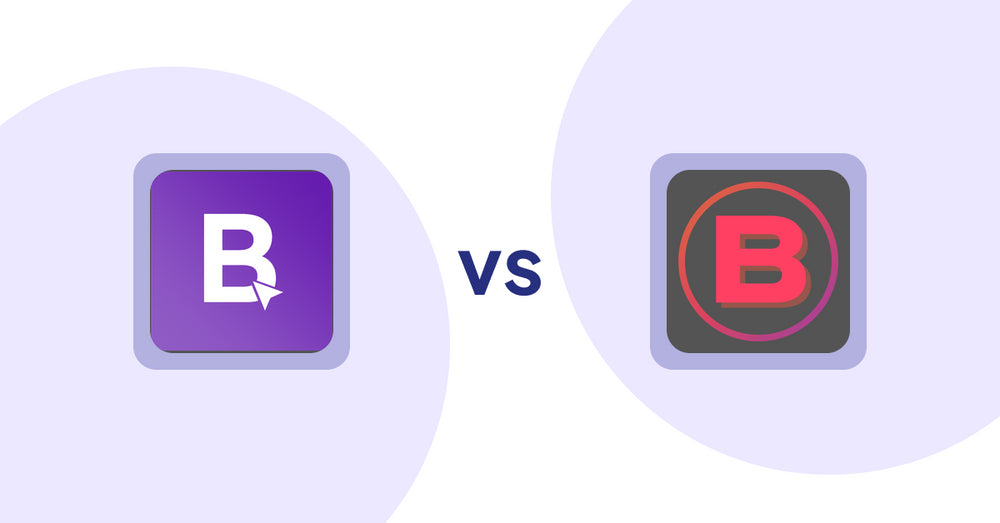
Shopify Product Display Apps: BookE ‑Rent Property & Service vs. Banter Stories
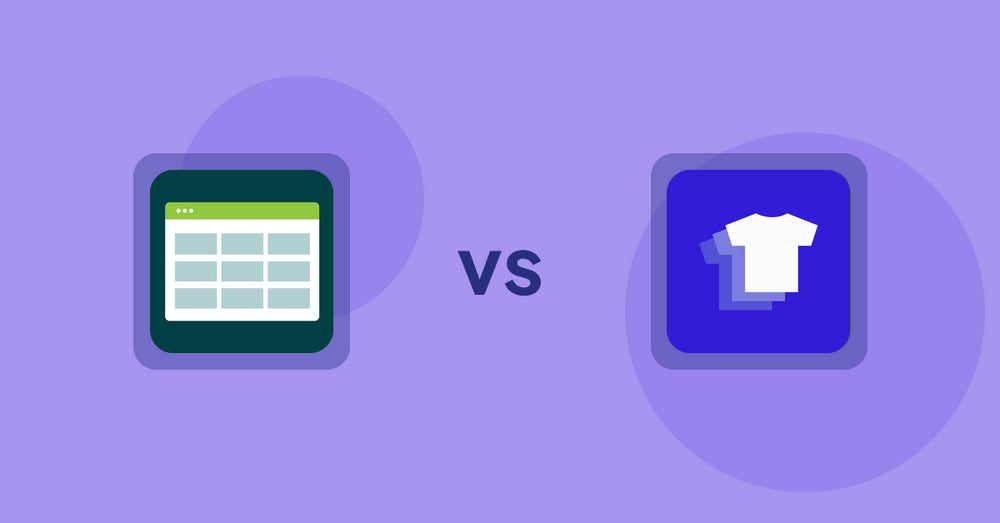
Shopify Product Display Apps: Product Table vs. Xpander
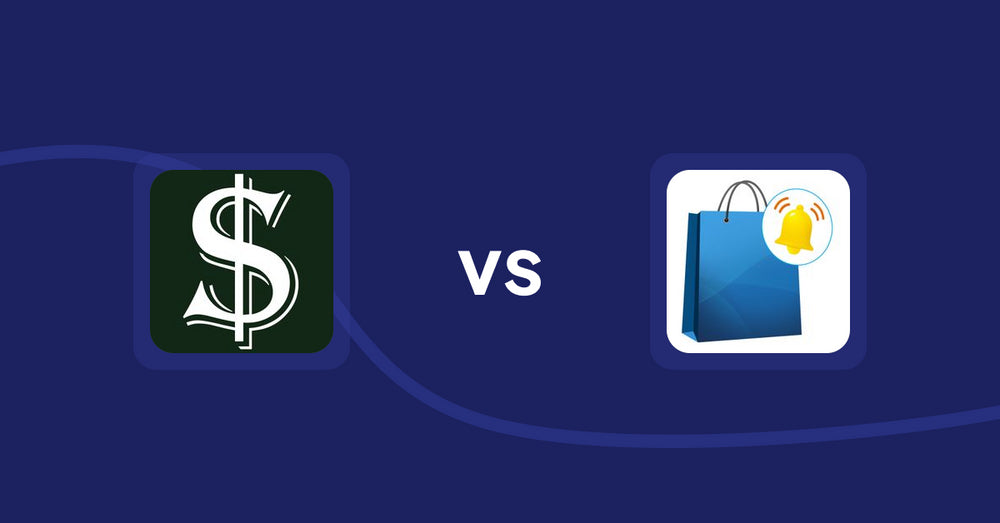
Shopify Product Display Apps: Selling Fast vs CartBar ‑ Product Purchase Bar
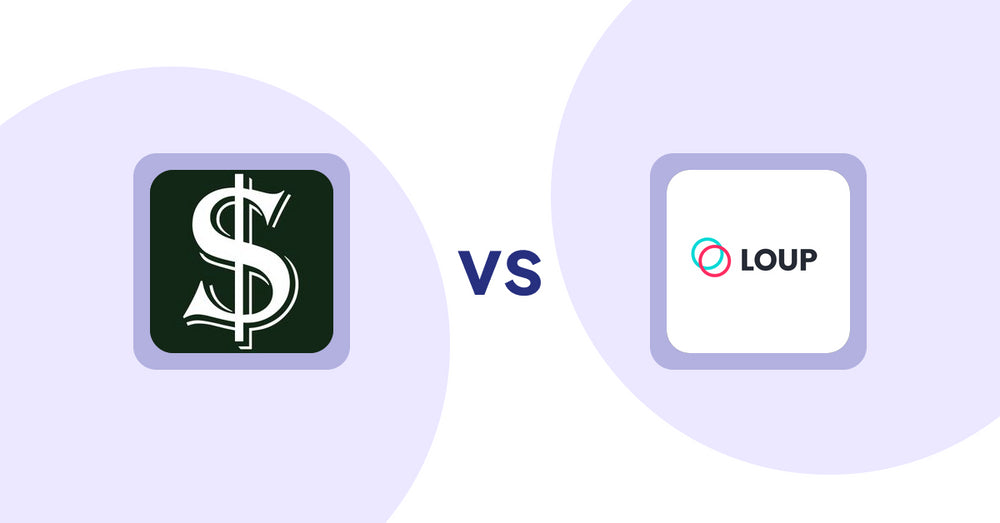
Shopify Product Display Apps: Selling Fast vs. Loup: Sell on Instagram
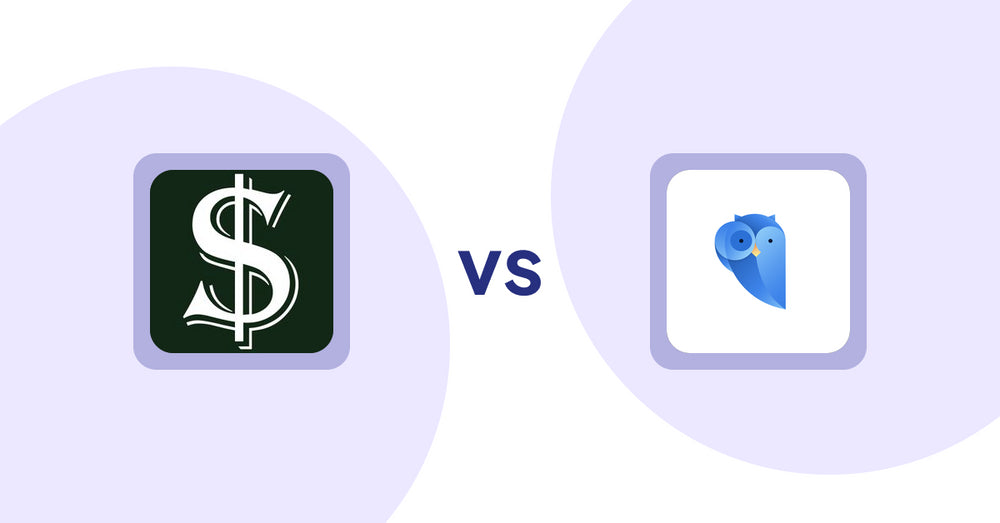
Shopify Product Display Apps: Selling Fast vs. Findify Search & Merchandise
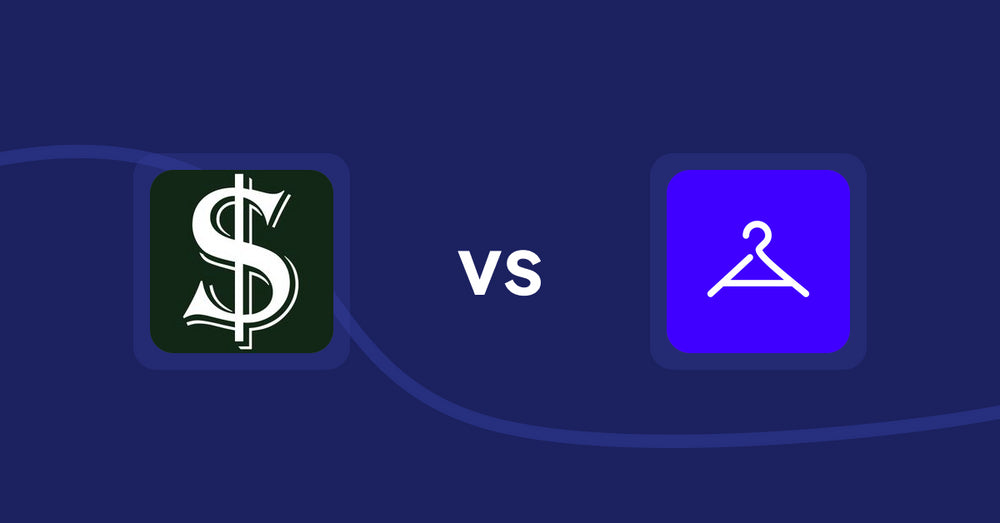
Shopify Product Display Apps: Selling Fast vs. Aiuta
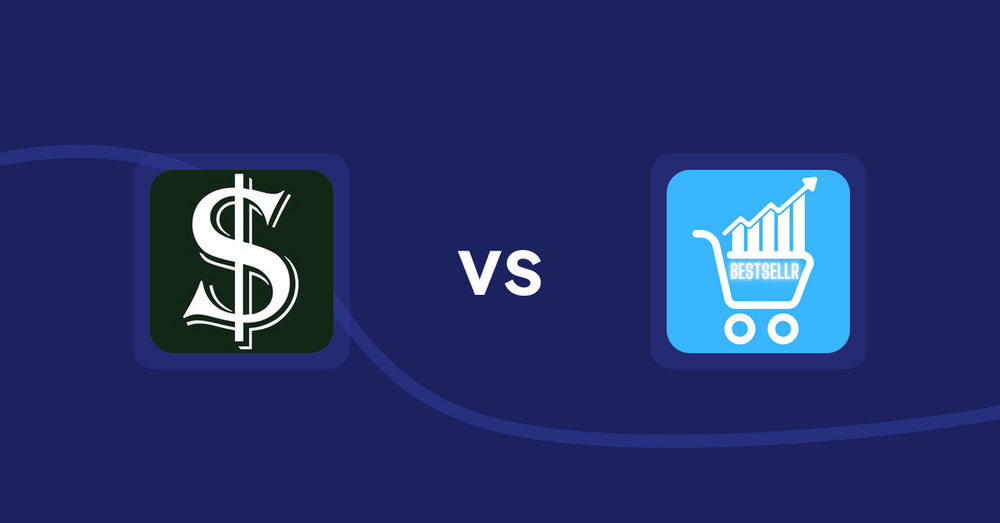
Shopify Product Display Apps: Selling Fast vs Bestsellr
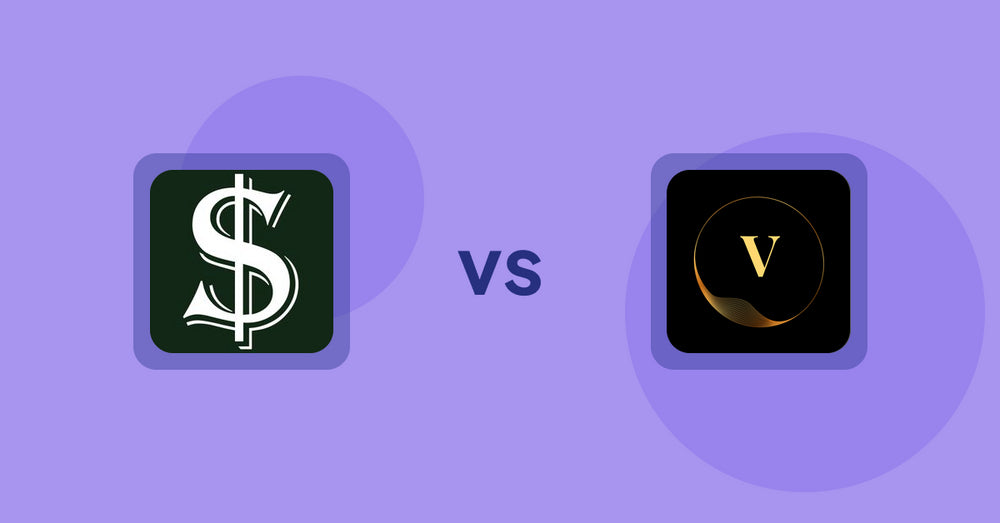
Shopify Product Display Apps: Selling Fast vs ProductTube
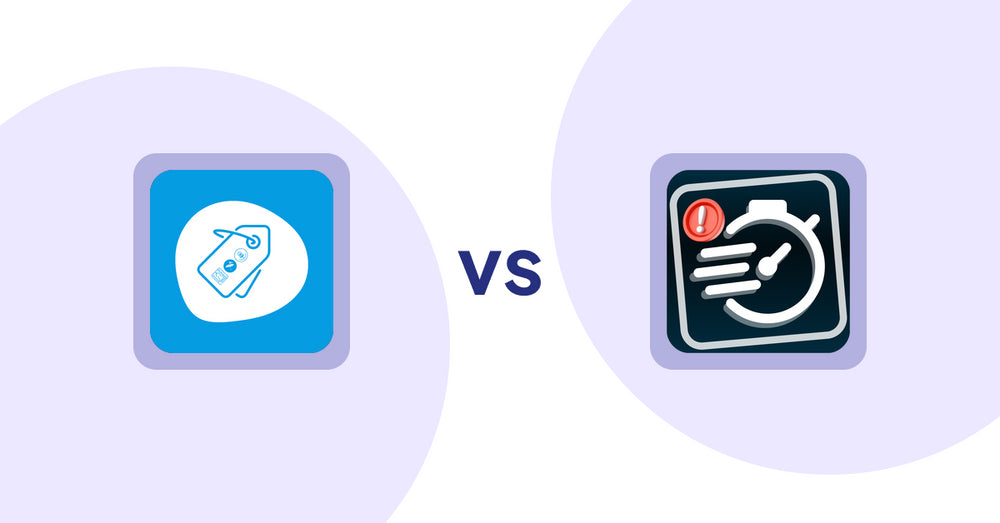
Shopify Product Display Apps: Extendons Product Tag Images vs Urgency! Low Stock Counter
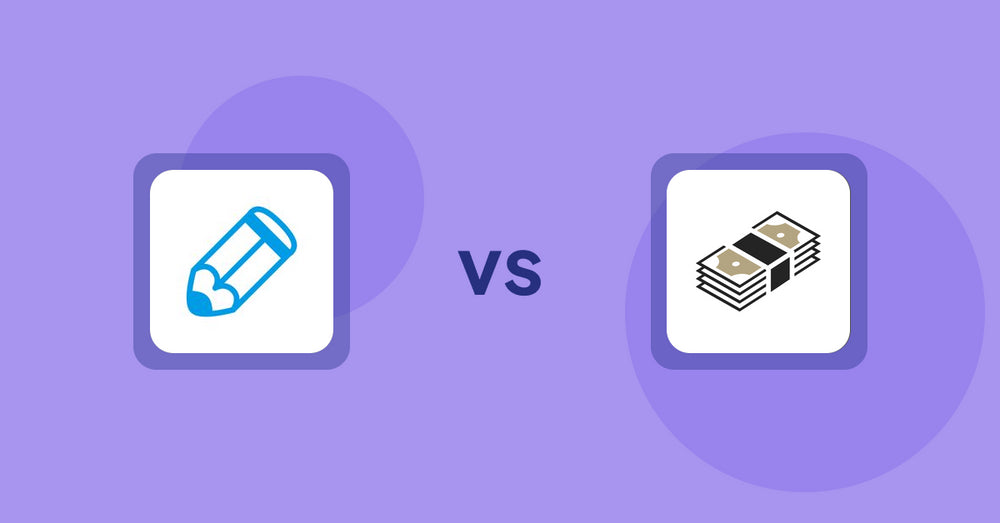
Shopify Product Display Apps: Writer Sofia vs シンプルクラウドファンディング|お手軽自社クラファン
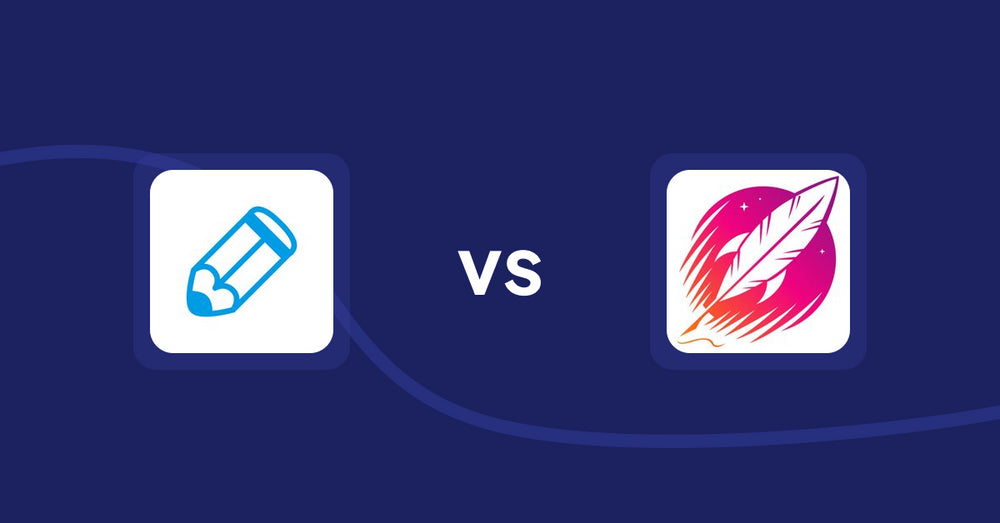
Shopify Product Display Apps: Writer Sofia vs Wordsmith: Content Generator
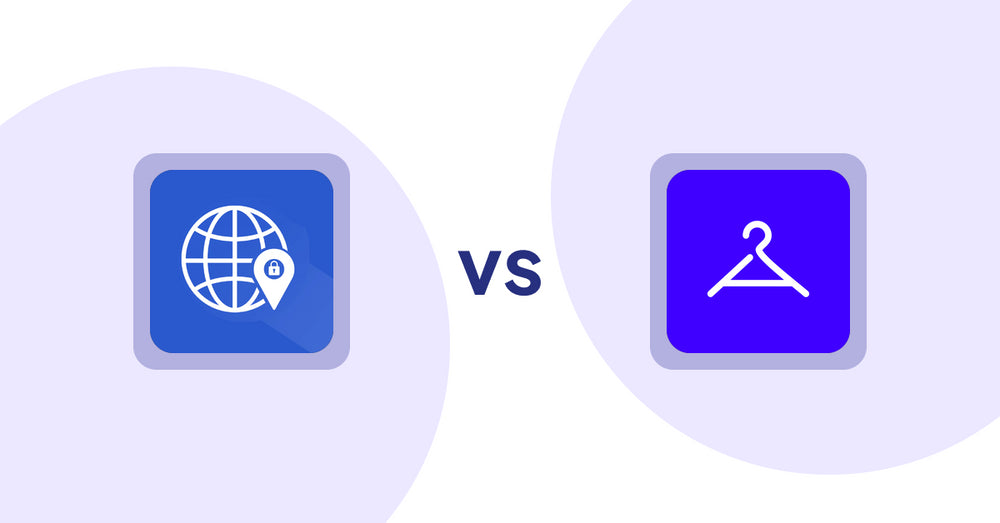
Shopify Product Display Apps: Addify ‑ Country Restrictions vs Aiuta
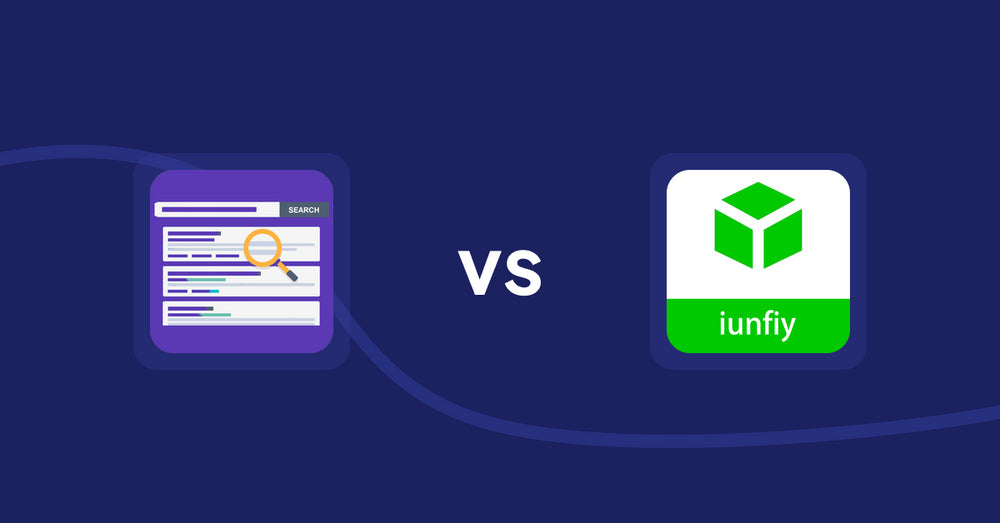
Shopify Product Display Apps: Spark AI Products Description vs iunfiy • Related Products
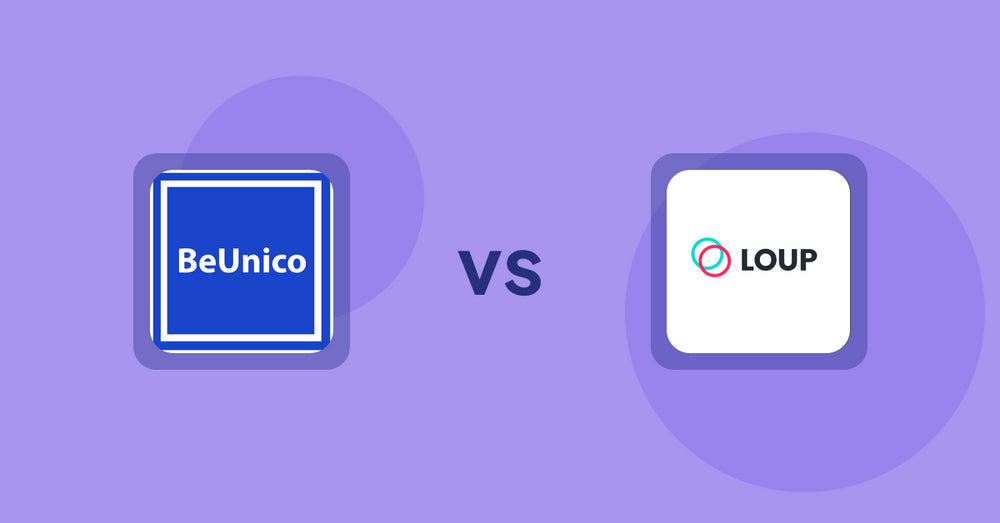
Shopify Product Display Apps: BeUnico vs Loup: Sell on Instagram
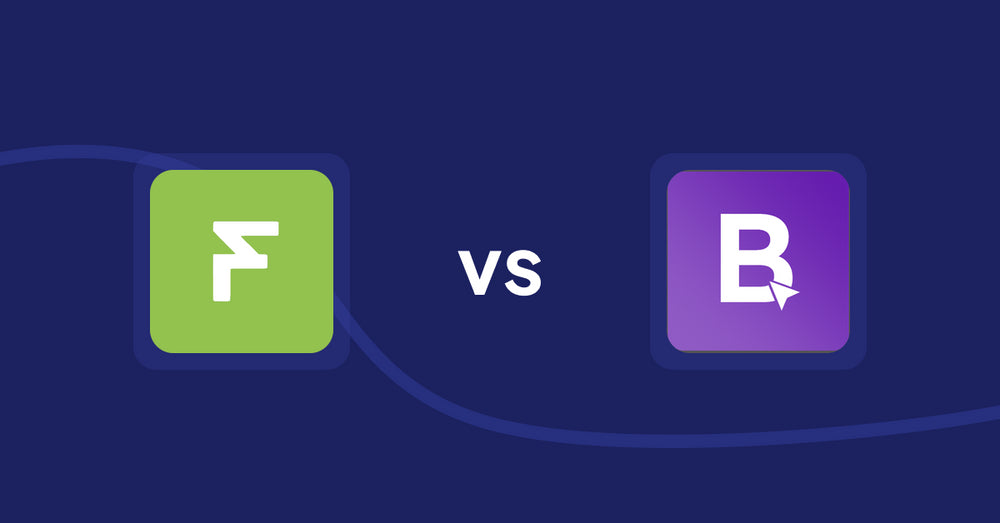
Shopify Product Display Apps: Easy Estimate Shipping vs BookE ‑Rent Property & Service
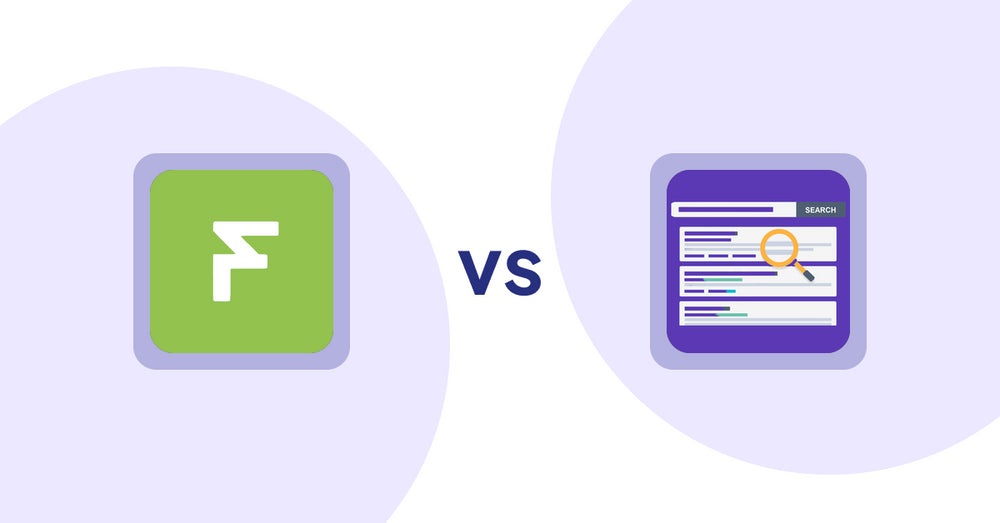
Shopify Product Display Apps: Easy Estimate Shipping vs. Spark AI Products Description
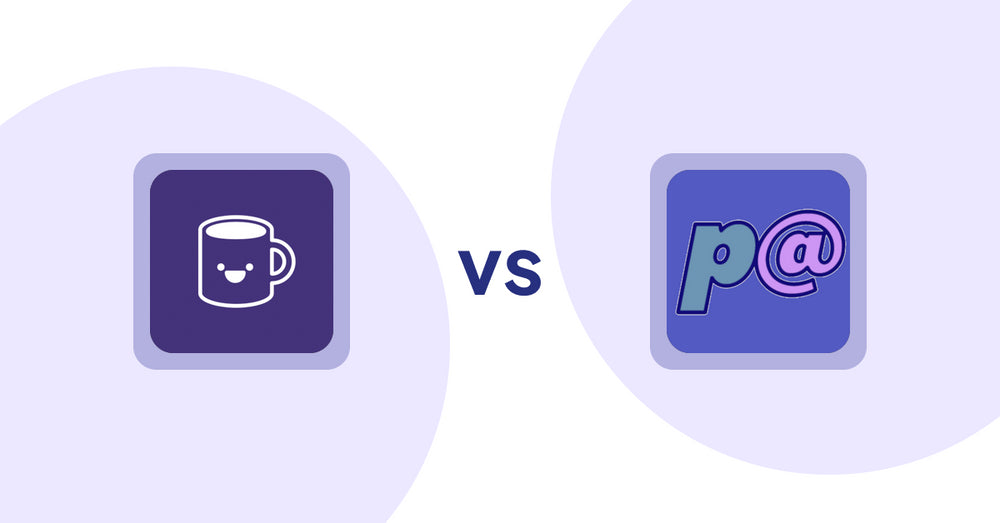
Shopify Product Display Apps: Mugshot Bot vs Parameterizer
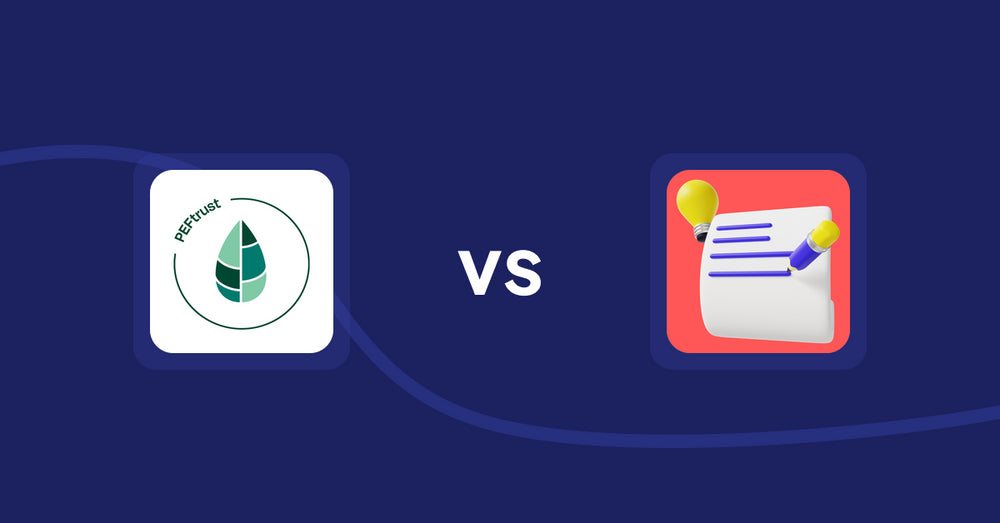
Shopify Product Display Apps: Peftrust vs. Wordo ‑ ChatGPT AI Description
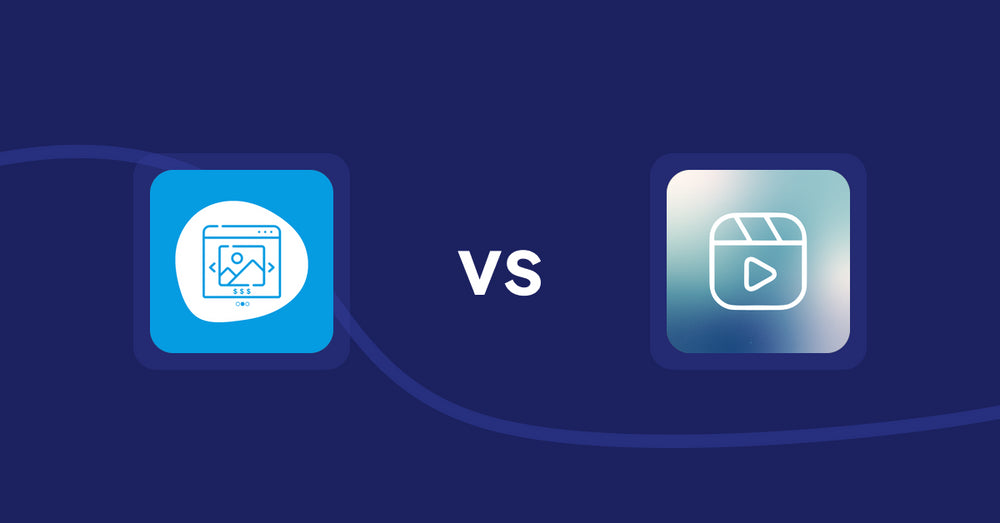
Shopify Product Display Apps: Quick Product Navigator Slide vs Reelify ‑ Shoppable Reel Video
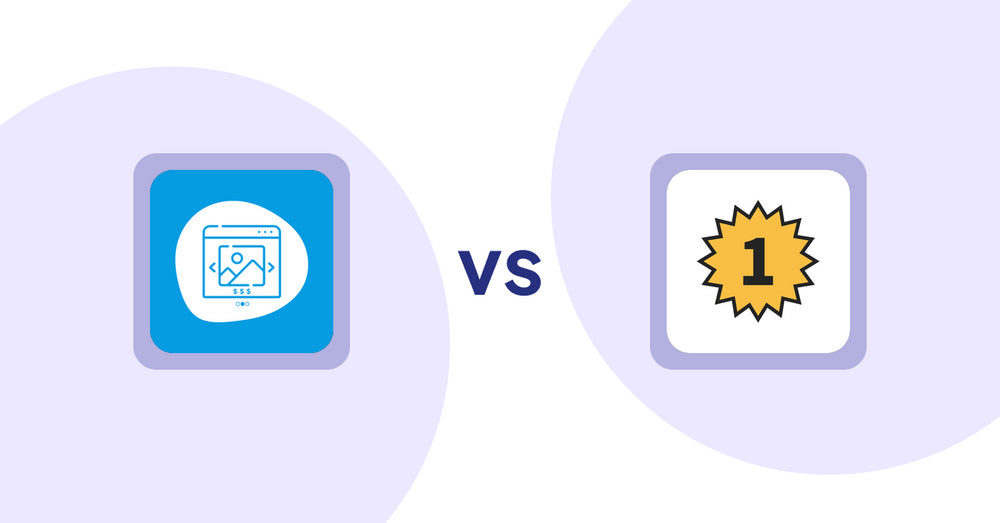
Shopify Product Display Apps: Quick Product Navigator Slide vs. UR: Smart Ranking
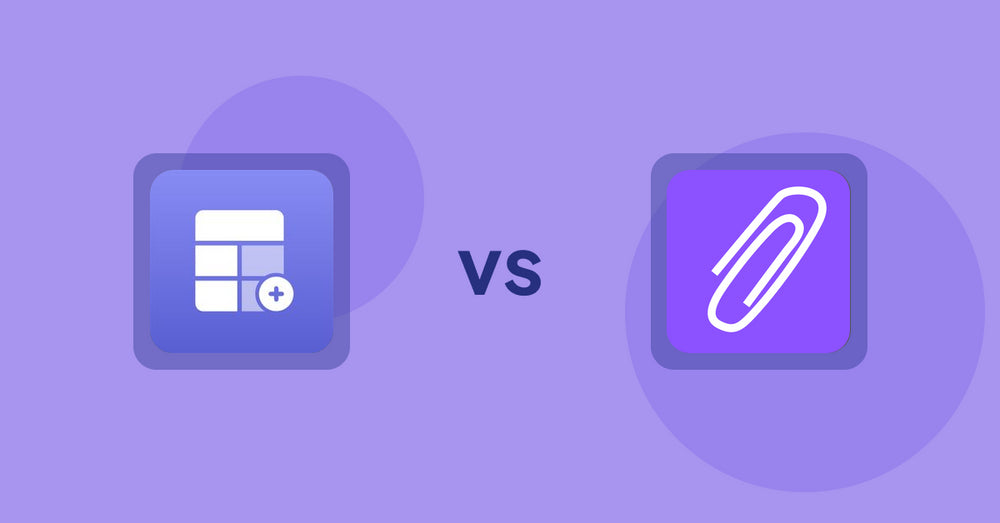
Shopify Product Display Apps: Eazy Specification Tags Table vs Agile Attachments
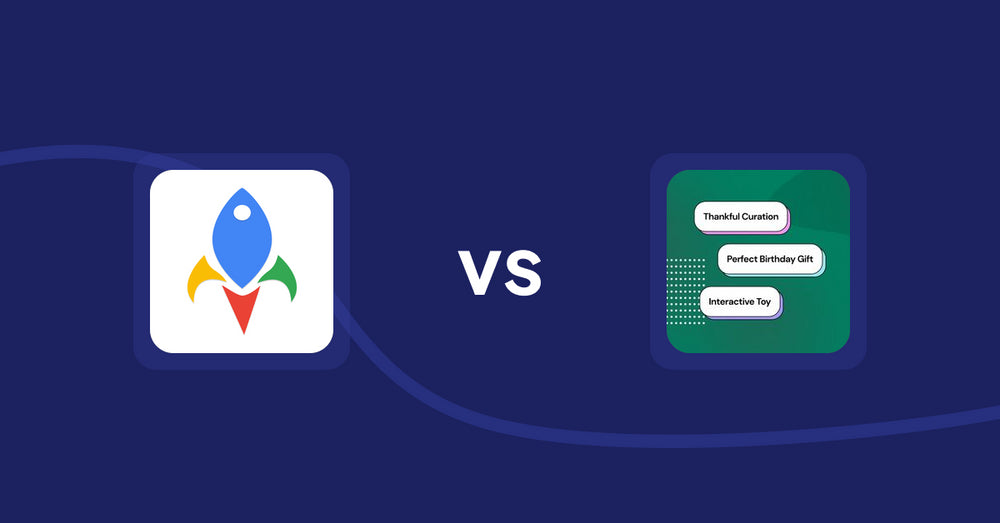
Shopify Product Display Apps: Jedi Back In Stock Admin Alert vs FeatureFrame ‑ Pretty Product
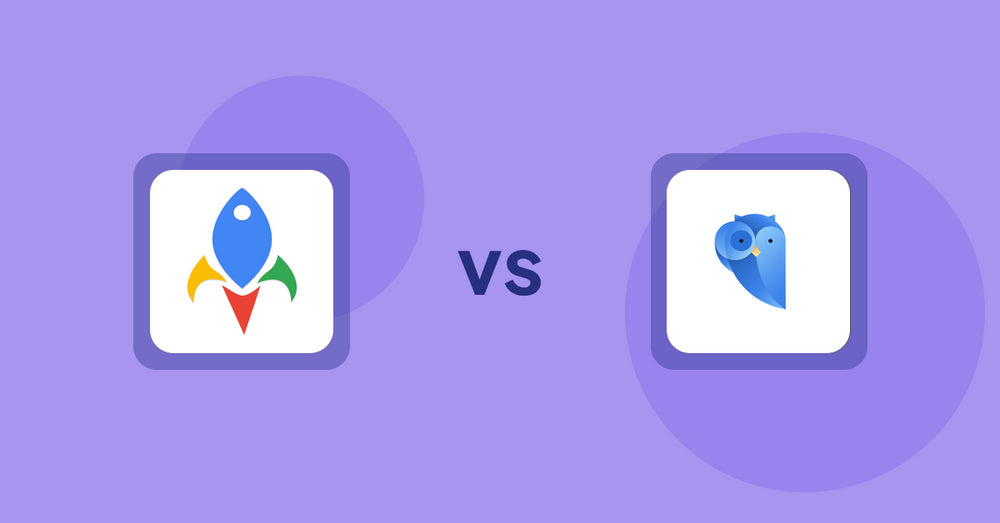
Shopify Product Display Apps: Jedi Back In Stock Admin Alert vs. Findify Search & Merchandise
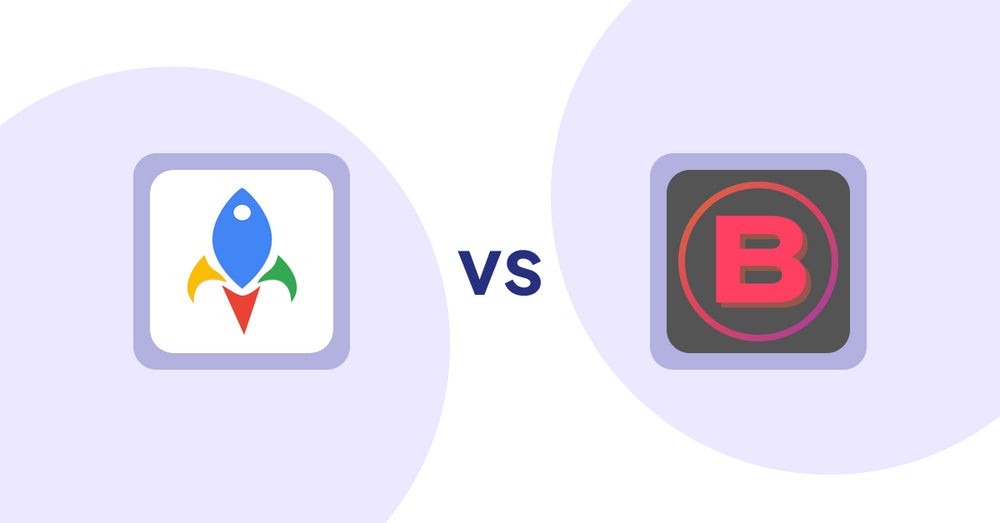
Shopify Product Display Apps: Jedi Back In Stock Admin Alert vs Banter Stories
